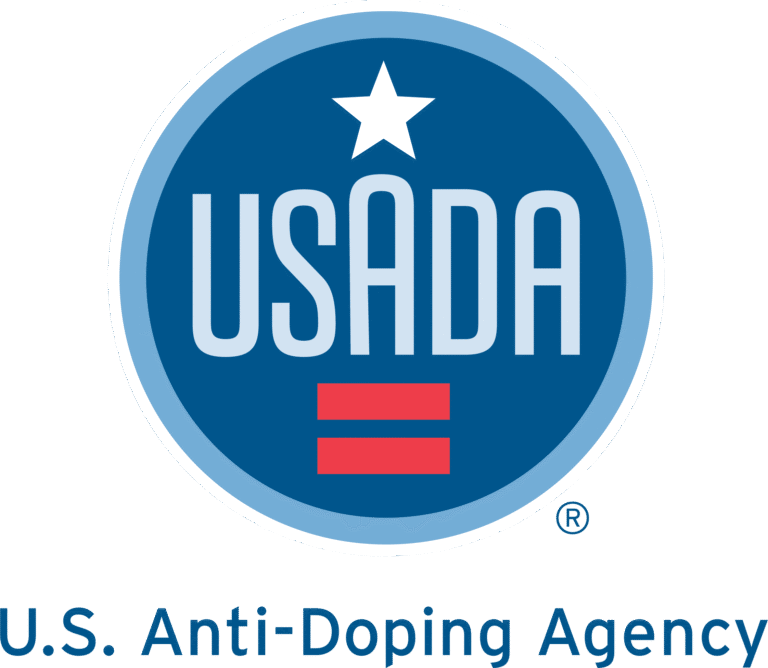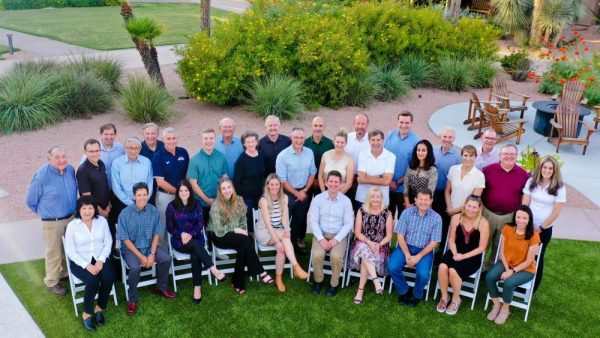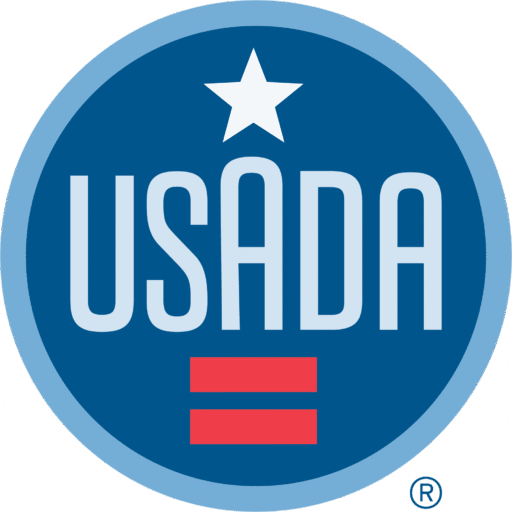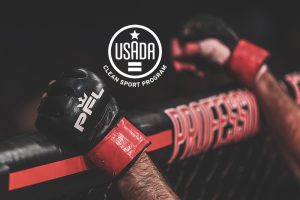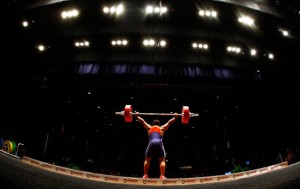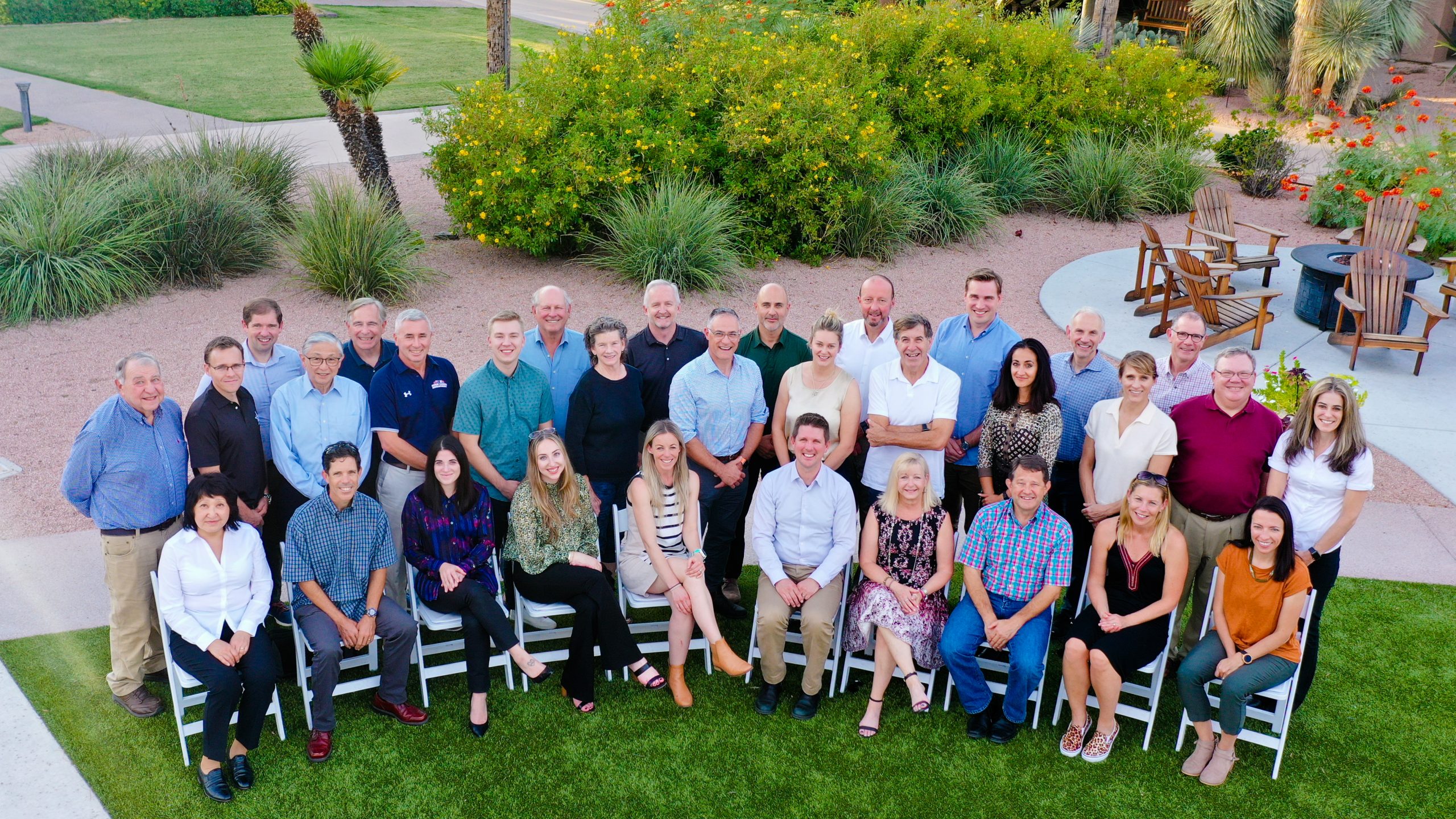
Continuing a 20-year legacy of advancing scientific innovation, the U.S. Anti-Doping Agency (USADA) hosted the 20th Annual USADA Symposium on Anti-Doping Science on October 1–4 in Scottsdale, Arizona. Following last year’s fully virtual format, the 2021 Symposium offered a hybrid approach with 151 registered attendees from more than 35 countries attending both in person and virtually to advance doping detection and deterrence efforts across the world.
Over the course of the Symposium, experts from a wide range of backgrounds discussed key topics within the theme “Synergizing Anti-Doping Science and Investigations to Protect Athletes and Clean Sport.” The theme reflects the reality that synergizing the efforts and expertise of anti-doping scientists, practitioners, and investigators has become increasingly important as the sophistication of doping escalates.
Cooperation is paramount to understanding how both the scientific and investigative process can establish anti-doping rule violations, including the presence of prohibited substances, as well as sample tampering, swapping and doppelgangers, product and record falsification, lab data manipulation, and more. The investigative process may also exonerate innocent athletes through timely and focused sample or product analyses.
With this in mind, the 2021 Symposium focused on a number of critical areas, including the forensic scientific method as applied to anti-doping science and testing, advancements in the Athlete Biological Passport or other indirect markers as a tool to uncover doping, and the exposure of sources of contamination and solutions to exonerate athletes.
“We are excited to be celebrating 20 years of advancing global anti-doping science and innovation,” said Dr. Matthew Fedoruk, USADA’s Chief Science Officer. “Close cooperation between scientists, including the anti-doping laboratories, and investigators to uncover doping and implement new scientific advances to continually detect and deter doping is critical to protect athletes and sport. The USADA Science Symposium continues to bring together experts from around the globe as we strive towards our common goal.”
During the four-day Symposium, more than 30 expert speakers presented the latest research and developments in their fields, while also facilitating discussion among other attendees. The five principal sessions focused on the following topics, with multiple breakout presentations falling within each session.
Sessions
- Forensic Science, Investigations and Anti-Doping
- Establishing Violations with Supporting Scientific Evidence
- Contamination and Exonerating Athletes
- Best Practices in Collaboration between ADOs, Laboratories and Law Enforcement
- Application of Data Analytics to Risk Assessment – Translation of Modelling to Implementation
Presentation and Presenter Highlights
- Keynote – Can anti-doping science learn from forensic science? – Challenges and opportunities for anti-doping scientists & practitioners with Dr. Claude Roux, Professor of Forensic Science at the University of Technology Sydney, and President of the International Association of Forensic Sciences.
- Application of Intelligence and Investigations to establish use violations in both Cycling and Athletics with Dr. Francois Marclay of the International Testing Agency (ITA) and Thomas Capdevielle from the Athletics Integrity Unit (AIU).
- Hearing the athlete perspective on the impact of pharmaceutical and supplement contamination on the career and well-being of Team USA athletes, moderated by Allison Wagner, Olympian and USADA’s Director of Athlete and International Relations.
- Discussing Intelligence networks between Anti-doping Organizations, Laboratories and Public Authorities with specific examples from Austria, Switzerland and Germany, followed by a lively introduction to The Rodchenkov Act and its goal to crack down on Doping Fraud and Corruption in International Sport from Paul Massaro, U.S. Helsinki Commission.
- Using Artificial Intelligence, Machine Learning and Analytics to Develop Data Driven Risk Assessments in Sport with Dr. Patrick McCreesh, founder of Simatree, and Dr. Laura Lewis and Alex Bohl of USADA’s Science team.
Larry D. Bowers Award for Excellence in Anti-Doping Science
The Symposium also provides the opportunity to recognize and award the achievements of scientists who have made an impact on anti-doping approaches and best practices. USADA was pleased to have Dr. Larry Bowers attend in person to present the 5th Larry D. Bowers Award for Excellence in Anti-Doping Science to Dr. Francoise Lasne for her pivotal and groundbreaking work in the development and implementation of the first method to detect EPO in urine. Whilst Dr. Lasne was unable to attend in person to receive her award, attendees were treated to a riveting and personal “Petite Histoire” regarding the development of the first and game-changing test for detection of erythropoietin (EPO).
About the Symposium
The USADA Symposium on Anti-Doping Science has a long tradition of bringing together external experts, anti-doping laboratories, and scientific and medical experts from anti-doping organizations to discuss timely and relevant scientific doping challenges facing sport. The goal of the Symposium is to enrich the scientific expertise within the global anti-doping community, identify where the challenges lie, and develop ideas and solutions that can be built upon after the Symposium to advance anti-doping science that helps protect clean athletes and maximizes both detection and deterrence strategies. The USADA Symposium began in 2002 and has been held in a variety of cities within the United States and internationally every year. Next year’s Symposium will be coming home to Colorado Springs from September 30 – October 3.
For more information or media inquiries, click here.
